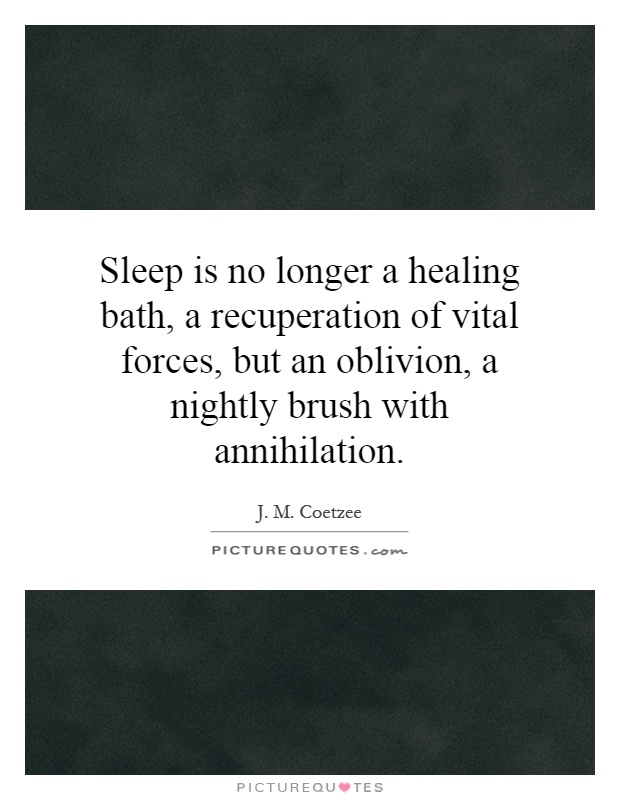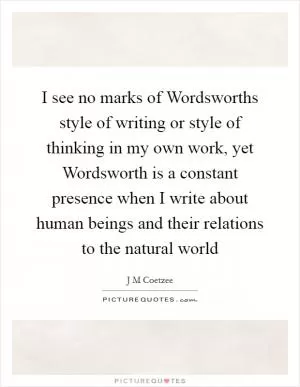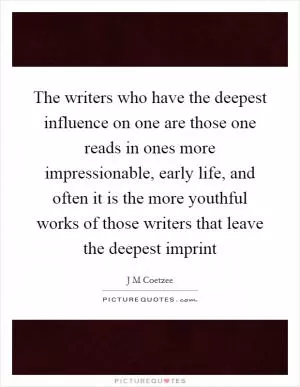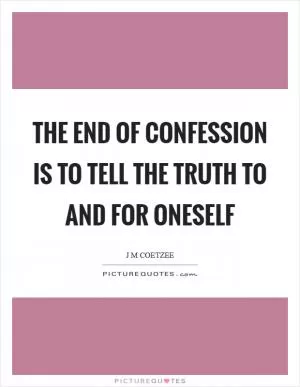Sleep is no longer a healing bath, a recuperation of vital forces, but an oblivion, a nightly brush with annihilation

Sleep is no longer a healing bath, a recuperation of vital forces, but an oblivion, a nightly brush with annihilation
In the works of J.M. Coetzee, the theme of sleep as a form of oblivion and annihilation is a recurring motif that reflects the bleak and existential nature of his characters' lives. Coetzee's protagonists often find themselves grappling with the futility of their existence, and sleep becomes a metaphor for the temporary escape from the harsh realities of their world.In Coetzee's novel "Disgrace," the protagonist David Lurie experiences a profound sense of disillusionment and alienation as he navigates the complexities of post-apartheid South Africa. Lurie's sleep is depicted as a form of oblivion, a temporary respite from the guilt and shame that plague him. As he drifts off into unconsciousness, Lurie is confronted with the void of annihilation, a reminder of the fragility of his own existence.
Similarly, in "Waiting for the Barbarians," the magistrate grapples with his own sense of powerlessness and moral ambiguity in the face of a brutal colonial regime. Sleep becomes a refuge for the magistrate, a way to escape the horrors of his reality and confront the annihilation that awaits him. The magistrate's nightly brush with oblivion serves as a stark reminder of the violence and oppression that define his world.
Coetzee's exploration of sleep as a form of oblivion and annihilation speaks to the larger themes of power, violence, and morality that permeate his work. Through his characters' experiences with sleep, Coetzee invites readers to confront the harsh realities of the human condition and the inevitability of death. Sleep, once a healing bath and a recuperation of vital forces, becomes a haunting reminder of the transience of life and the inescapable nature of suffering.












 Friendship Quotes
Friendship Quotes Love Quotes
Love Quotes Life Quotes
Life Quotes Funny Quotes
Funny Quotes Motivational Quotes
Motivational Quotes Inspirational Quotes
Inspirational Quotes